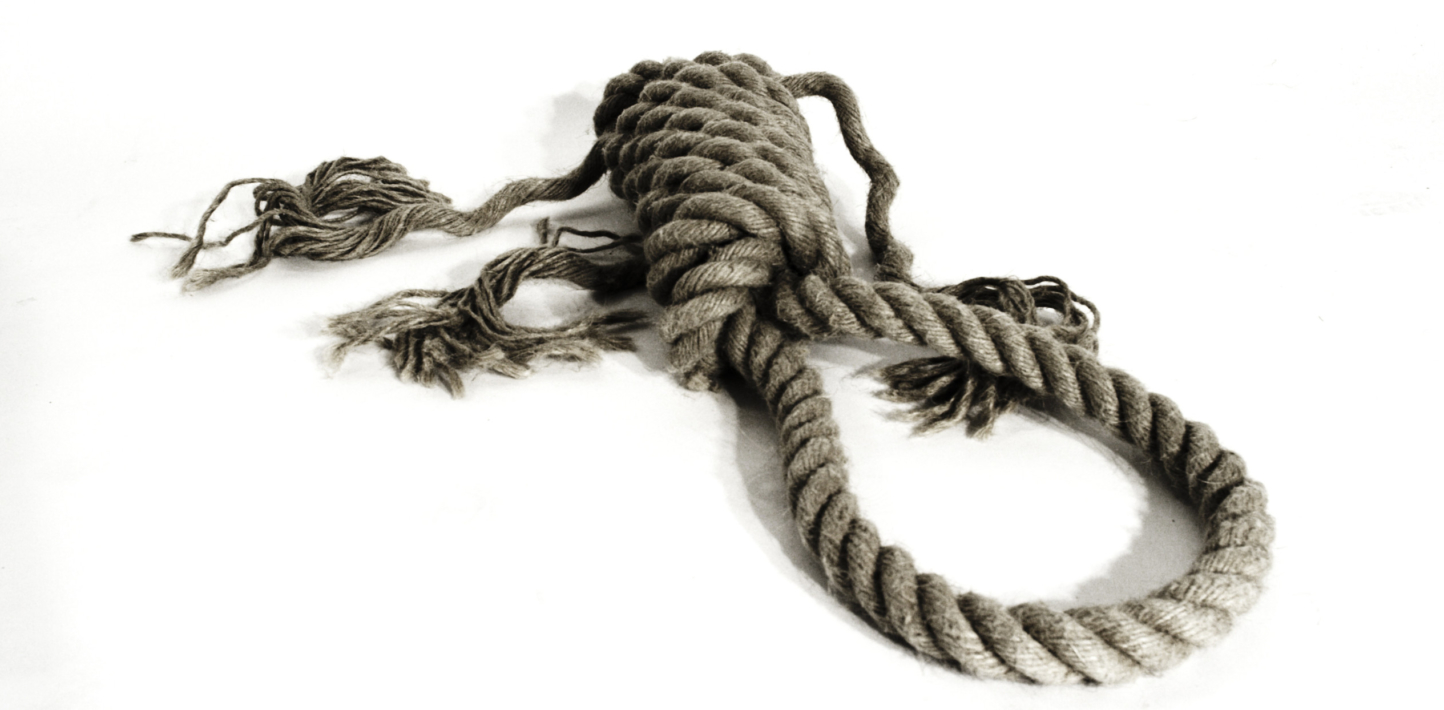The Iranian authorities must immediately halt the planned execution of a young man who was sentenced to death for a crime that took place when he was a child, following a grossly unfair trial marred by torture-tainted “confessions”, Amnesty International said today.
Arman Abdolali was moved to solitary confinement in Raja’i Shahr prison in Karaj in preparation for his execution on Wednesday 13 October. His execution was scheduled twice before – in July 2021 and in January 2020 – but was halted both times after an international outcry.
“Time is rapidly running out, the Iranian authorities must immediately halt all plans to execute Arman Abdolali on 13 October. Use of the death penalty against people who were under 18 at the time the crime was committed is prohibited under international law and constitutes an abhorrent assault on child rights,” said Diana Eltahawy, Deputy Director for the Middle East and North Africa at Amnesty International.
“The Iranian authorities are demonstrating their ruthless intent to resort to the death penalty in complete disregard for their obligations under international law by scheduling Arman Abdolali’s execution for a third time. Global action helped to stop Arman Abdolali’s previously scheduled executions, we now urge the international community, including the UN and EU, to urgently intervene to save his life.”
Use of the death penalty against people who were under 18 at the time the crime was committed is prohibited under international law and constitutes an abhorrent assault on child rights
Diana Eltahawy, Amnesty International
Arman Abdolali was first sentenced to death in December 2015 after being convicted of murder in a grossly unfair trial, in which the court relied on torture-tainted “confessions”, in connection with the disappearance of his girlfriend in 2014. Her body was never found; the court stated that the murder had been committed without leaving any trace indicating that Arman Abdolali had attained “mental maturity” and understood the nature and consequences of the crime. The international legal prohibition on sentencing people who were children when they allegedly committed the crime to death is absolute, therefore is not subject to claims of “maturity” or “understanding the crime”.
In reaching this decision, the court also relied on the opinion of a Children and Adolescent Court Advisor who stated that Arman Abdolali understood the “abhorrent” nature of the crime. The sentence was upheld by the Supreme Court in July 2016. The trial and appeal verdicts both noted Arman Abdolali’s allegations that he was held in prolonged solitary confinement for 76 days and repeatedly beaten to “confess”, but no investigation was ordered and the “confessions” were described by the court as “unequivocal”.
In February 2020, the Supreme Court granted him a retrial after the Children and Adolescent Court Advisor withdrew her initial opinion, saying it had been issued without meeting him in person or studying his casefile. His retrial, at Branch 5 of Criminal Court One of Tehran Province, largely focused on whether there were doubts about his “maturity” at the time of the crime.
In September 2020, the court ruled that it was not possible to determine Arman Abdolali’s “maturity” so many years after the crime had taken place and ruled that in the absence of any evidence to the contrary, his criminal responsibility stands.
Given these deeply flawed proceedings, Amnesty International is also calling on the Iranian authorities to quash Arman Abdolali’s conviction and grant him a retrial in line with fair trial standards generally and those pertaining to children in particular, without resorting to coerced “confessions” or use of the death penalty.
Under Iranian law, in cases of murder and certain other capital crimes, boys aged above 15 lunar years and girls aged above nine lunar years are treated as adults and can be sentenced to death. However, Article 91 of Iran’s Islamic Penal Code grants judges the discretion to replace the death penalty with an alternative sentence if they believe there are doubts about the individual’s “maturity” at the time of the crime. In practice, there is no clarity over the evidence and the standards of proof needed to demonstrate “full maturity”.
“This case highlights the deeply flawed nature of Iran’s child justice system. We again urge the Iranian authorities to put an end to the violations of the right to life and children’s rights by amending the Penal Code to ban the use of the death penalty against anyone who was under 18 at the time of the crime without exception, pending the full abolition of the death penalty,” said Diana Eltahawy.
Iran continues to use the death penalty for crimes committed by people under the age of 18, in violation of its obligations under the International Covenant on Civil and Political Rights and the Convention on the Rights of the Child.
The authorities executed at least three people who were under the age of 18 at the time of the offence in 2020. Earlier this year, they executed in secret Sajad Sanjari, a young man who was 15 at the time of the offence. Scores of people similarly convicted of crimes committed when they were children remain on death row in Iran. In 2020, Iran carried out at least 246 executions securing the shameful place of second top executioner worldwide.


